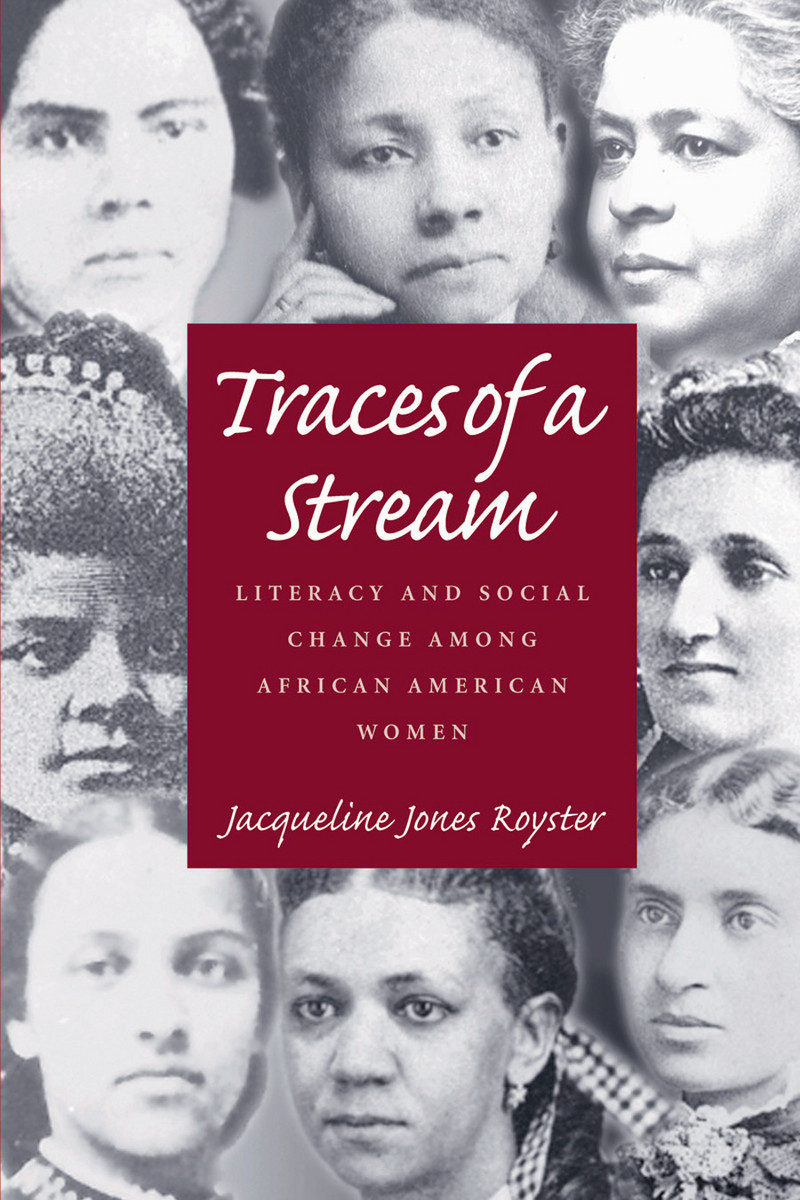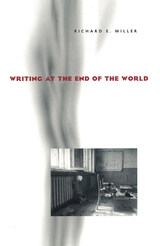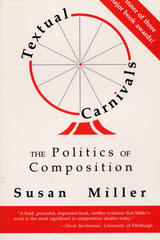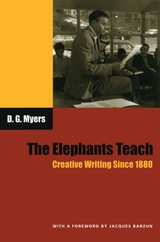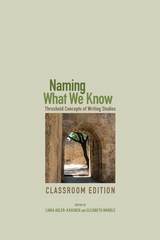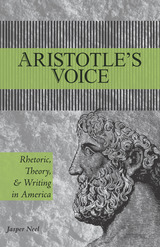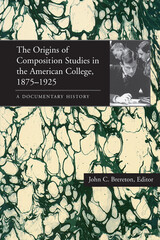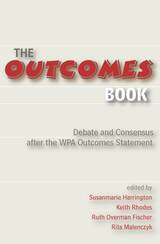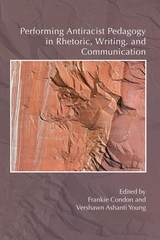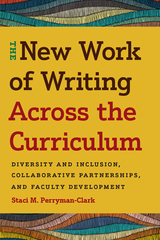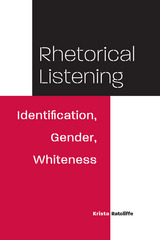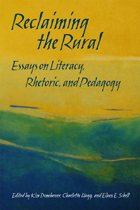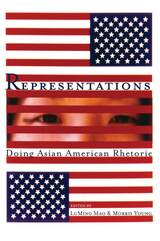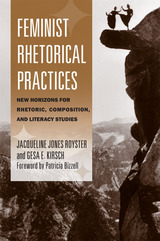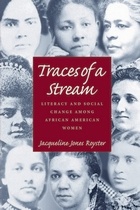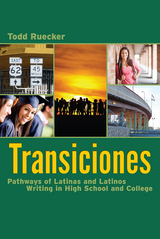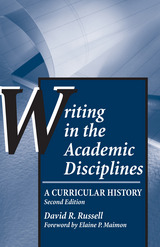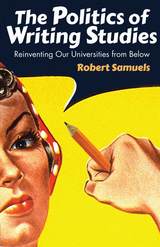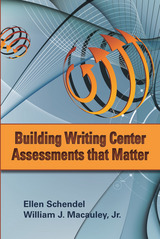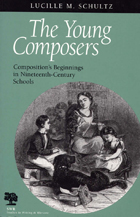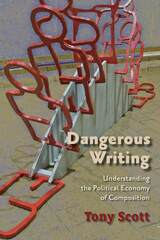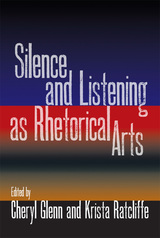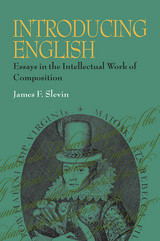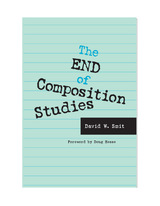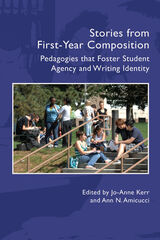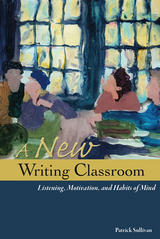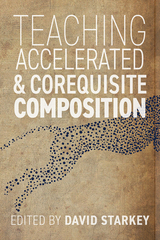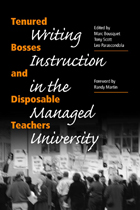Cloth: 978-0-8229-4122-4 | eISBN: 978-0-8229-7211-2 | Paper: 978-0-8229-5725-6
Library of Congress Classification PE1405.U6R68 2000
Dewey Decimal Classification 302.224408996073
Traces of a Stream offers a unique scholarly perspective that merges interests in rhetorical and literacy studies, United States social and political theory, and African American women writers. Focusing on elite nineteenth-century African American women who formed a new class of women well positioned to use language with consequence, Royster uses interdisciplinary perspectives (literature, history, feminist studies, African American studies, psychology, art, sociology, economics) to present a well-textured rhetorical analysis of the literate practices of these women. With a shift in educational opportunity after the Civil War, African American women gained access to higher education and received formal training in rhetoric and writing. By the end of the nineteenth-century, significant numbers of African American women operated actively in many public arenas.
In her study, Royster acknowledges the persistence of disempowering forces in the lives of African American women and their equal perseverance against these forces. Amid these conditions, Royster views the acquisition of literacy as a dynamic moment for African American women, not only in terms of their use of written language to satisfy their general needs for agency and authority, but also to fulfill socio-political purposes as well.
Traces of a Stream is a showcase for nineteenth-century African American women, and particularly elite women, as a group of writers who are currently underrepresented in rhetorical scholarship. Royster has formulated both an analytical theory and an ideological perspective that are useful in gaining a more generative understanding of literate practices as a whole and the practices of African American women in particular. Royster tells a tale of rhetorical prowess, calling for alternative ways of seeing, reading, and rendering scholarship as she seeks to establish a more suitable place for the contributions and achievements of African American women writers.
See other books on: African American women | Language and culture | Literacy | Royster, Jacqueline Jones | Traces
See other titles from University of Pittsburgh Press
